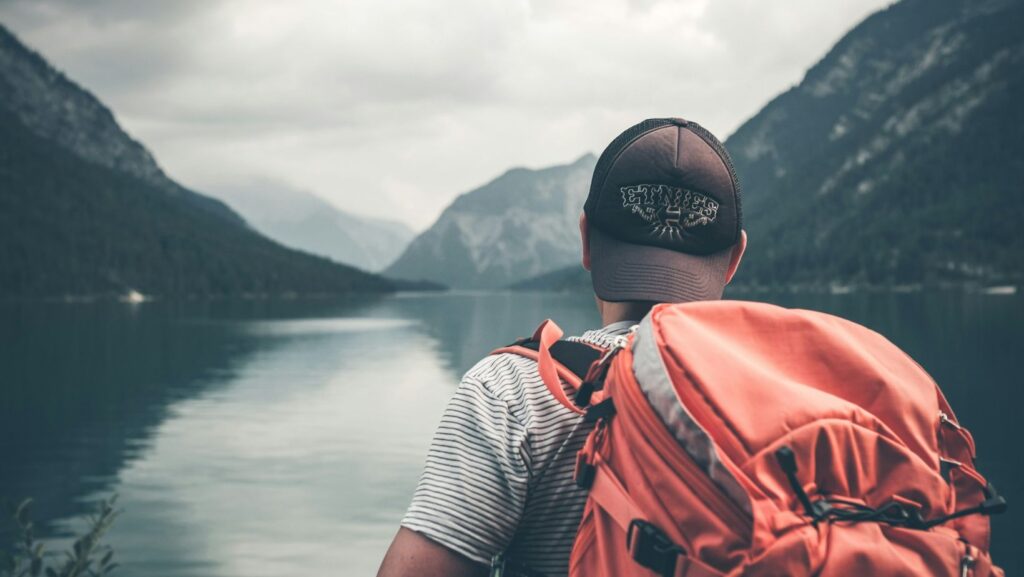Travel has a way of teaching us lessons no classroom can deliver. When we walk the beaches of Normandy, share meals in a village homestay, or learn to cook with local chefs, we’re not just passing through. We’re building knowledge that feels personal and lasting.
These moments show us resilience, adaptability, and respect for traditions we may never have considered before. They also remind us how connected we are to one another and the planet. From history to conservation to culture, every journey offers lessons that stay with us long after we’ve returned home.
1. Normandy WWII Tours
Standing on the beaches of Normandy brings history into sharp focus, but the experience goes far deeper when you step into the very sites where soldiers fought and sacrificed. Visiting the American Cemetery, walking through Pointe du Hoc, or exploring small French towns still marked by the war makes the past feel incredibly real.
A Band of Brothers Tour ties these places together with powerful storytelling, weaving personal accounts with military strategy. Families often discover that the trip opens conversations about bravery, loss, and freedom across generations.
The lesson is unforgettable: resilience and responsibility take on meaning when we stand where history unfolded and recognize the human cost of the freedoms we live with today.
2. Homestays in Remote Villages
Spending time in a remote village quickly challenges many of the assumptions we carry about comfort, wealth, and daily life. Sharing a home with local families often means learning how to cook with food grown nearby, collecting water from a well, or helping with farming or handicrafts.
These moments aren’t curated for visitors. They’re part of a way of life that has endured for centuries. They push us to adapt, listen, and appreciate what we might otherwise overlook.
What lingers afterward is humility, gratitude, and a stronger sense of community values. We return home more resourceful and respectful of traditions that shape lives in different yet equally meaningful ways.
3. Wildlife Adventures in Borneo
Borneo offers travelers the chance to encounter some of the world’s most extraordinary wildlife. Seeing orangutans glide through the treetops or proboscis monkeys along the riverbanks makes conservation feel urgent and personal.
Guided treks, river cruises, and visits to sanctuaries reveal the delicate balance between people and nature in these forests. Children are often awestruck by the animals, while adults reflect on how fragile these ecosystems really are.

The lesson is responsibility. Protecting biodiversity becomes more than a talking point when you’ve witnessed the threats of deforestation and habitat loss firsthand. These experiences make us aware of the role each of us plays in the survival of species.
4. Culinary Learning Vacations
Food is a universal connector, and cooking abroad offers a unique window into culture. Taking a pasta-making class in Italy, grinding spices at a Moroccan souk, or learning precise knife work in Japan is about much more than recipes.
Each dish carries history shaped by geography, trade, and tradition. Standing in local kitchens, we’re invited into stories of heritage passed down through generations.
What we bring home goes beyond skills. It’s the memory of laughter shared with hosts, the pride they feel in their cuisine, and the sense of belonging food can create. The lesson is that meals reveal culture in ways no classroom ever could. And a stress-free flight makes it all the better.
5. Arctic Expeditions
Traveling to the Arctic teaches lessons that few other places can offer. Guided by scientists and local experts, we see how ecosystems survive in harsh conditions and how Indigenous communities have adapted over centuries. Encounters with polar bears, seals, and whales remind us of the fragile balance at play.
The melting ice and shifting landscapes make the impact of climate change impossible to ignore. It’s not an abstract issue when you see it in front of you. The lesson we carry home is stewardship. Standing in the Arctic’s vast silence leaves us with a deeper responsibility to protect environments that are beautiful, rare, and at risk.
Conclusion
Travel is at its best when it changes the way we think and live. The stories we hear, the people we meet, and the places we explore all become teachers in their own right. They push us to reflect on history, question our assumptions, and see everyday life through a wider lens.
What we bring home is more than photos or souvenirs. It’s a set of lessons about resilience, connection, and responsibility that shape how we move through the world. That kind of learning stays with us long after the trip is over.

